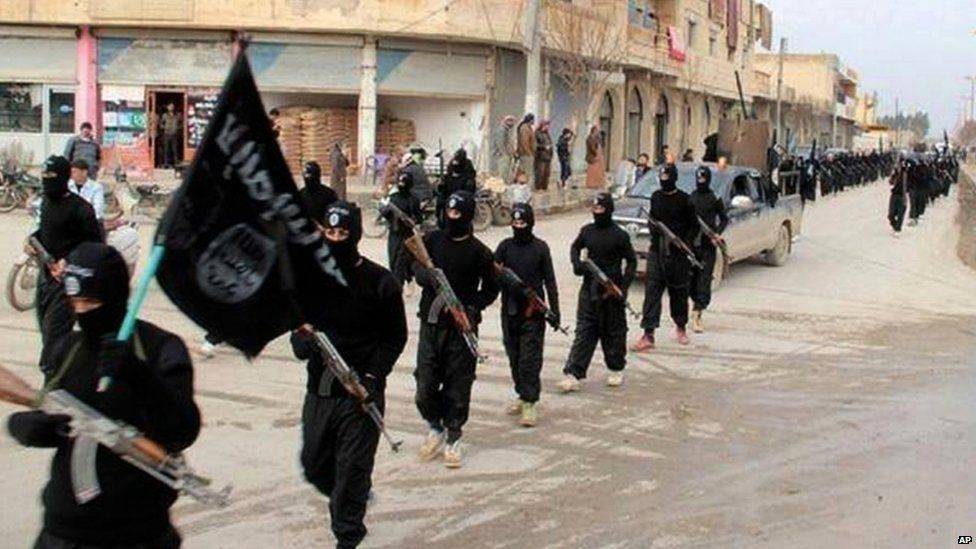Just when you thought obama had a great victory.
Ayman is to bin Laden what a brain is to a body,
THE formal announcement on Al Qaeda-linked websites in the third week of June that Ayman al Zawahiri has taken over as the leader of the group was on expected lines. The Al Qaeda general command, in a statement issued six weeks after the killing of Osama bin Laden, said that 60-year-old Zawahiri would continue in bin Laden's footsteps and urged Muslims to fight the disbelieving invaders who attack the land of Islam, headed by Crusader America.
Zawahiri, a qualified Egyptian surgeon, had been Al Qaeda's second in command ever since its formation in the late 1980s. He was reputed to be the real tactician, while bin Laden was the titular leader of the group. Many terror experts have described Zawahiri as bin Laden's intellectual mentor. Ayman is to bin Laden what a brain is to a body, said a prominent Egyptian lawyer, Montasser al-Zayat.
Maybe obama should have helped Mubarak
After his release he left Egypt to wage jehad against the communists in Afghanistan. Ironically, his long-cherished goal of overthrowing the regime of Hosni Mubarak was achieved through means he detested. As the leader of the second biggest Egyptian militant grouping, Islamic Jihad, Zawahiri is said to have orchestrated the 1997 massacre of foreign tourists in Luxor. He was sentenced to death by an Egyptian military court in absentia. After the Luxor incident, Egyptian public opinion turned against militant groups. So much so that Al Qaeda was a mere bystander, watching the Arab Spring bring about democratic regime change in the nation early this year.
Terror warning
Ayman is to bin Laden what a brain is to a body,
THE formal announcement on Al Qaeda-linked websites in the third week of June that Ayman al Zawahiri has taken over as the leader of the group was on expected lines. The Al Qaeda general command, in a statement issued six weeks after the killing of Osama bin Laden, said that 60-year-old Zawahiri would continue in bin Laden's footsteps and urged Muslims to fight the disbelieving invaders who attack the land of Islam, headed by Crusader America.
Zawahiri, a qualified Egyptian surgeon, had been Al Qaeda's second in command ever since its formation in the late 1980s. He was reputed to be the real tactician, while bin Laden was the titular leader of the group. Many terror experts have described Zawahiri as bin Laden's intellectual mentor. Ayman is to bin Laden what a brain is to a body, said a prominent Egyptian lawyer, Montasser al-Zayat.
Maybe obama should have helped Mubarak
After his release he left Egypt to wage jehad against the communists in Afghanistan. Ironically, his long-cherished goal of overthrowing the regime of Hosni Mubarak was achieved through means he detested. As the leader of the second biggest Egyptian militant grouping, Islamic Jihad, Zawahiri is said to have orchestrated the 1997 massacre of foreign tourists in Luxor. He was sentenced to death by an Egyptian military court in absentia. After the Luxor incident, Egyptian public opinion turned against militant groups. So much so that Al Qaeda was a mere bystander, watching the Arab Spring bring about democratic regime change in the nation early this year.
Terror warning



